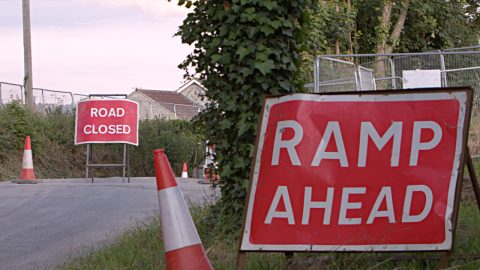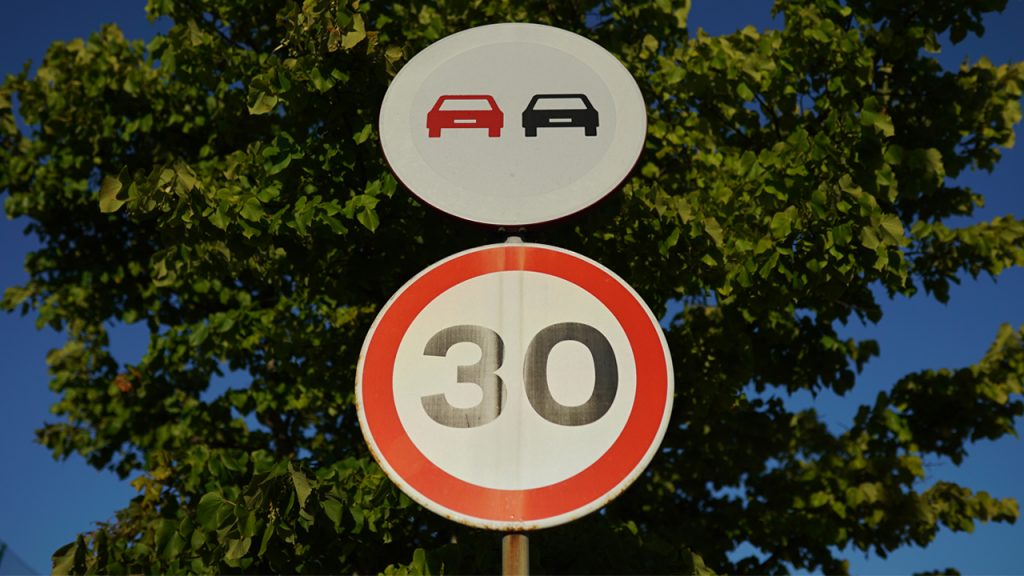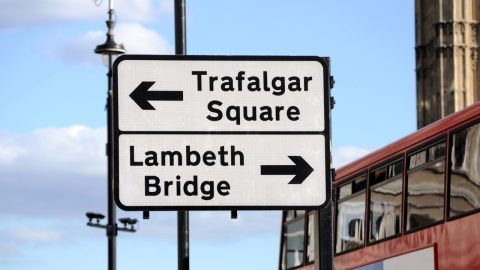In the United Kingdom, Speed Awareness Courses are a pivotal part of the road traffic enforcement toolkit, aimed at altering driving behaviour and enhancing road safety. These educational sessions serve as an alternative to penalty points and fines for minor speed violations, underpinning the principle that education can be more effective than punishment in promoting safe driving habits.
The Concept
Speed Awareness Courses are designed for drivers who have been caught exceeding the speed limit but within a specific margin. Typically, this margin is up to 10% plus 2 mph over the limit, although discretion and local policies can vary. The idea is to offer a remedial approach to speeding, encouraging drivers to reflect on their driving patterns and understand the consequences of speeding on road safety and community wellbeing.
Eligibility and Referral
Eligibility for a Speed Awareness Course depends on several factors including the severity of the speeding offence, the driver’s speed, and their previous driving history. Generally, drivers who haven’t committed a speeding offence in the past three years and were caught driving over the speed limit within an acceptable range may be offered a place on a course. The offer is usually made by the police or the relevant road traffic authority following a speeding offence.
Course Details
A Speed Awareness Course typically lasts for about four hours and can be taken online or in a classroom setting. The course is designed to be interactive, including discussions, workshops, and presentations that cover various aspects of speeding, such as:
- The legal speed limits and their rationale
- The impact of speeding on road safety and accident rates
- Techniques for maintaining safe speeds and avoiding distractions
- The environmental and community impact of speeding
Participants are encouraged to engage and share their experiences, fostering a supportive learning environment. The course does not include a test, but full participation and completion are required.
Costs and Consequences
While opting for a Speed Awareness Course exempts drivers from penalty points, there is a fee to attend, usually comparable to the fine for a speeding ticket. However, the absence of penalty points can have a longer-term financial benefit by potentially avoiding increases in car insurance premiums.
Impact and Effectiveness
Research suggests that Speed Awareness Courses have a positive impact on driving behaviour. Participants often report a greater awareness of their speed and an understanding of the reasons behind speed limits, leading to safer driving practices. The courses are designed to be thought-provoking, encouraging drivers to take personal responsibility for their actions on the road.
Criticisms and Controversies
Despite their success, Speed Awareness Courses have faced criticism. Some argue that they allow habitual speeders to avoid due punishment, while others question the consistency of their availability across different regions. However, the overarching goal remains to improve road safety and alter driving behaviour for the better.
FAQs on Speed Awareness Courses in the UK
A Speed Awareness Course is an educational program designed for drivers who have been caught speeding slightly above the legal limit. It aims to inform participants about the dangers of speeding and to encourage safer driving practices.
Eligibility typically depends on the severity of your speeding offence and your driving history. Generally, you must have been caught speeding within a certain threshold above the speed limit and not have taken a Speed Awareness Course in the past three years. The police or issuing authority will notify you if you’re eligible.
The cost of a Speed Awareness Course varies by region but is usually comparable to the fine you would have received for the speeding offence. The fee covers the cost of administering the course.
Yes, successfully completing a Speed Awareness Course means you won’t receive penalty points on your driving license for that particular offence.
The course includes discussions, presentations, and workshops that cover speed limits, the impact of speeding on road safety, and strategies for safe driving. It’s designed to be interactive and encourages participants to share their experiences.
No, there is no formal test at the end of a Speed Awareness Course. However, participants are expected to engage with the course content and complete the session to avoid penalty points.
Failure typically relates to non-completion or non-engagement with the course. As long as you attend and participate in the entire course, you will be deemed to have completed it.
A Speed Awareness Course usually lasts about four hours, including breaks.
Yes, many providers offer the option to complete the Speed Awareness Course online, especially in light of recent global events that have necessitated remote learning options.
This can vary. While completing the course avoids penalty points, some insurance companies may still consider your attendance when calculating your premium. It’s best to check with your insurer.
You’re typically only eligible to take a Speed Awareness Course once every three years. If you commit another speeding offence within that period, you may not be offered a place on the course.
If you commit another speeding offence after taking the course, you are likely to receive the standard penalty for that offence, including fines and points on your license, as the course can only be taken once every three years.
Yes, you can usually choose from a variety of locations to attend your course, but availability can vary, and some areas might have longer waiting times.
Our Thoughts on Speed Awareness Courses
Speed Awareness Courses represent a progressive approach to road traffic offences, emphasising education over punishment. By fostering a deeper understanding of the risks associated with speeding, these courses aim to cultivate safer, more conscientious drivers. As road safety evolves, such initiatives play a crucial role in reducing accidents and fatalities, making our roads safer for everyone.









